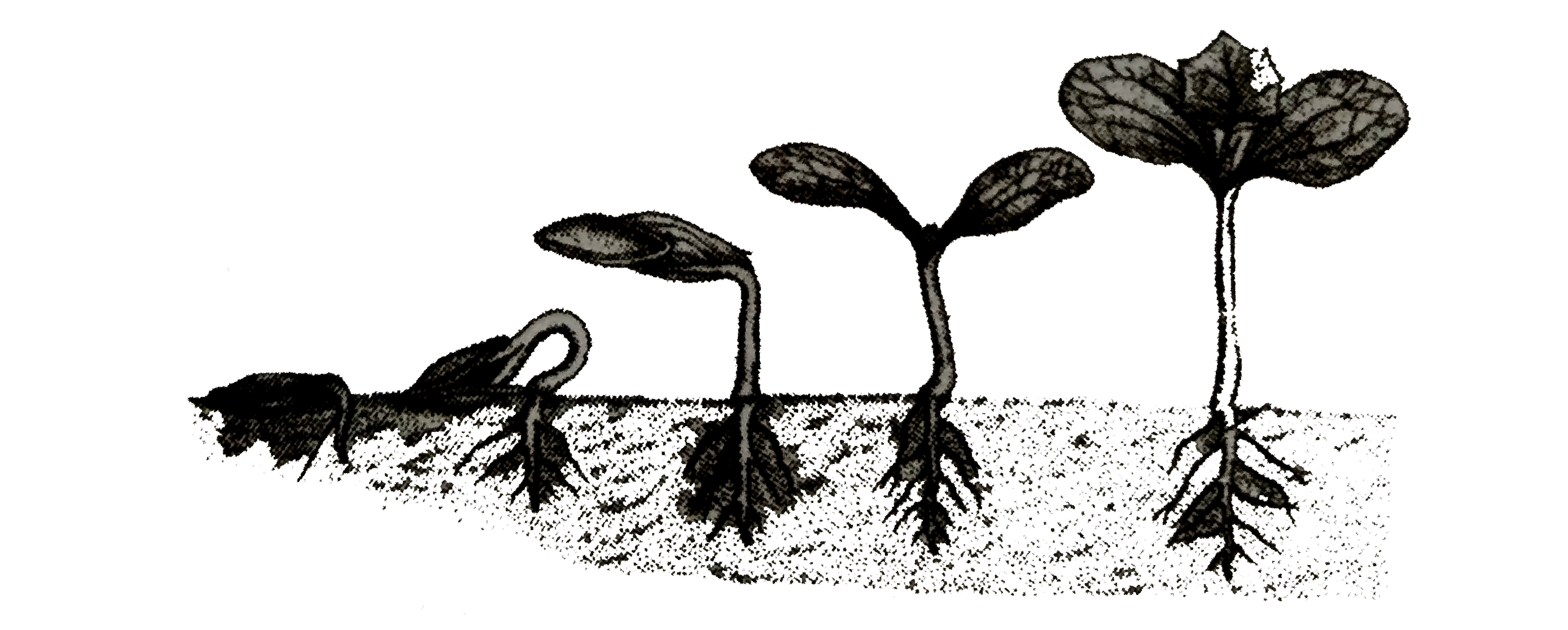A seed have more than one embryo . What is the name given to this condition ?
The correct Answer is:Polyembryony
To answer the question about the condition in which a seed has more than one embryo, we can follow these steps:
1. Understanding Seed Development:
- Seeds are typically formed after the fertilization of an ovule. However, there are certain conditions under which seeds can develop without fertilization.
2. Identifying the Condition:
- When seeds are produced without fertilization, this phenomenon is known as apomixis. However, this does not specifically address the presence of multiple embryos.
3. Defining Polyembryony:
- The specific condition where a seed contains more than one embryo is termed polyembryony. This occurs when multiple embryos develop from a single fertilized ovule or from multiple ovules.
4. Examples of Polyembryony:
- Common examples of plants that exhibit polyembryony include mango and citrus. In these plants, when you examine the seeds, you may find multiple embryos present.
5. Conclusion:
- Therefore, the name given to the condition where a seed has more than one embryo is polyembryony.
Final Answer:
The condition in which a seed has more than one embryo is called polyembryony.
---
- Seeds are typically formed after the fertilization of an ovule. However, there are certain conditions under which seeds can develop without fertilization.
- When seeds are produced without fertilization, this phenomenon is known as apomixis. However, this does not specifically address the presence of multiple embryos.
- The specific condition where a seed contains more than one embryo is termed polyembryony. This occurs when multiple embryos develop from a single fertilized ovule or from multiple ovules.
- Common examples of plants that exhibit polyembryony include mango and citrus. In these plants, when you examine the seeds, you may find multiple embryos present.
- Therefore, the name given to the condition where a seed has more than one embryo is polyembryony.
The condition in which a seed has more than one embryo is called polyembryony.
Topper's Solved these Questions
- SEXUAL REPRODUCTION IN FLOWERING PLANTSBOOK - ALLENCHAPTER - SEXUAL REPRODUCTION IN FLOWERING PLANTSEXERCISE - S
34 Videos
- SENSORY ORGANS (RECEPTORS : EYE & EAR)BOOK - ALLENCHAPTER - SENSORY ORGANS (RECEPTORS : EYE & EAR)EXERCISE - S
15 Videos
- STRATEGIES FOR ENHANCEMENT IN FOOD PRODUCTION BOOK - ALLENCHAPTER - STRATEGIES FOR ENHANCEMENT IN FOOD PRODUCTION EXERCISE - Question
69 Videos
Similar Questions
Knowledge Check
Seed germination is the sprouting of a seed and growth of the embryo present inside the seed into a seedling or young plant capable of independent existence. Refer the given figure showing seed germination and mark the incorrect option.
 ACotyledons are brought out of the soil by the greater growth of hypocotylBCotyledons becoms green and functional as first leaves of the seedling.CThe hypocotyl does not elongate much, instead the epicotyl grows and takes the plumule above the soil.DThis kind of germination is found in seeds of beans.
ACotyledons are brought out of the soil by the greater growth of hypocotylBCotyledons becoms green and functional as first leaves of the seedling.CThe hypocotyl does not elongate much, instead the epicotyl grows and takes the plumule above the soil.DThis kind of germination is found in seeds of beans.
R.Q is more than one in case of
View SolutionOne of the effects of Gibberellins is to induce the synthesis of amylase enzyme which causes the break down of starch and provides nourishment to the embryo in the seed. This phenomenon leads to the germination of seed. The hormone antagonist to this phenomenon is
View SolutionThe process of development of the more than one embryo in seeds of citrus fruits is called
View SolutionRQ is more than one if respiratory substrate is :
View SolutionAssertion :- Autopolypoids have more than two copies of a single genome.
Reason : Alloplypoids contain more than one type of genome each with atleast two copies.
View Solution65% of the students at a particular school take language classes. Of those students, 40% have studied more than one language. If there are 300 students at the school, how many have studied more than one language?
(A) 78
(B) 102
(C) 120
View SolutionA tissue having more non-living material than the living matter is
View Solution
